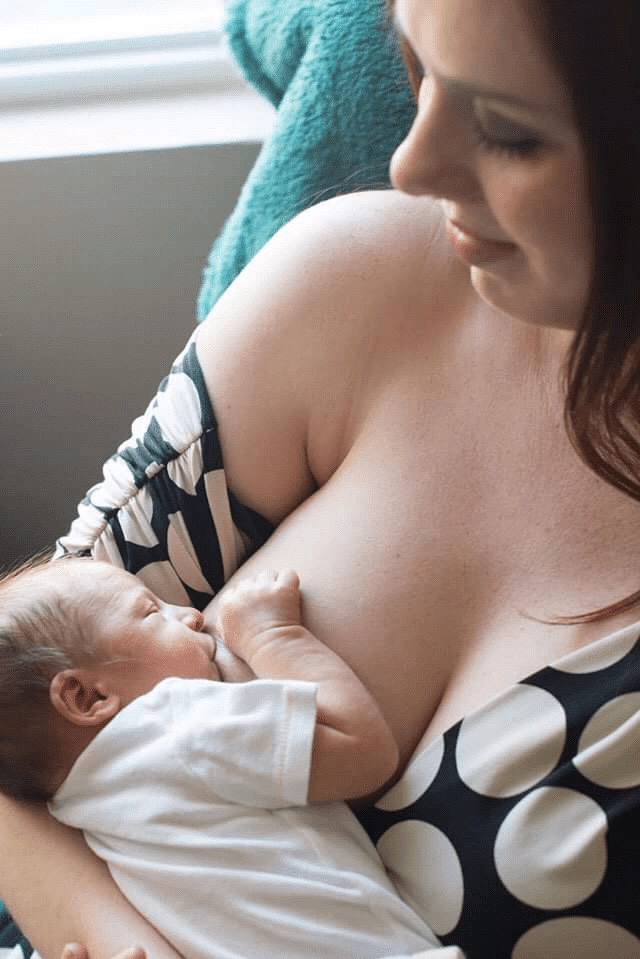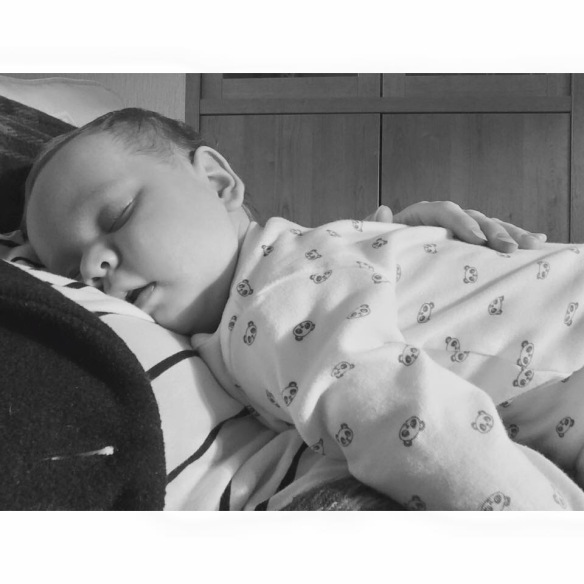
It’s official. I went to the doctors this morning and we both agreed, I shouldn’t be feeling so low, so teary and sensitive, and so god damn angry, all the time!
I’m telling you this because it’s important to tell you. It’s important to talk about it, so that other women can know, there is nothing to be ashamed of. It doesn’t make you, or I, a bad mother. If anything, it makes you a better one, for putting up with parenting AND depression. Double whammy bonus points!
It’s also important to know that it is not normal to feel angry all the time or to get upset all the time, just because you’re a parent and parenting is hard.
I’ll be honest, it took me by surprise. I had no clue I had it, until I read an article, only yesterday, about a lady who was having bursts of outrage and realised she needed to seek help.
I have bursts of outrage, too, I thought. In fact, just the other day, my hairdryer felt my wrath and I’m sad to say, is no longer with us.
It’s not the first time I’ve flew off the handle, either. The more I’ve thought about it, since Maya has been born, there has been numerous times I’ve felt I couldn’t cope and 90% of the time, I’ve held it together. I had to! I didnt want my family suffering because I couldn’t cope. What sort of a mother would that make me?
I know better now and what a relief it is! I can’t tell you how good it feels to know that it’s NOT normal to feel like this. That it’s NOT just a few bad days. That it’s NOT just me ‘failing’! I guess I’ve plodded on with things, until my symptoms, just recently, have became more noticeable.
I think it’s possibly coincided with the fact that Maya has been reducing her feeds, lately, due to eating more solids, meaning I’m not getting such a high daily dose of oxytocin, as I once was. I’m guessing that’s what has been keeping the depression at bay, until now, and now I just need something else to get me back on track.
I’m slightly gutted, because I thought I would never again be reduced to the slums of depression, however, I know it’s just the result of too many negative thoughts resulting in a chemical reaction in my brain. Something, I simply couldn’t have helped.
We’ve had it tough since Maya was born. For three and half months, everyone around us told us she had colic, distracting us from discovering the real problem, which was that I had an oversupply of milk and she was taking too much sugar from it. This resulted in one very gassy and unhappy baby, who coughed and spluttered when I gave her my milk and eventually hated breastfeeding. It was a problem that was solved within a few days, once we knew what was causing it, but we had endured it for so long because in our culture, colic is the answer to everything and no one seems to quite know enough about breastfeeding.
All those negative emotions, from such a stressful period, have really stayed with me all this time. I still feel mega stressed the second she starts to cry. It’s almost traumatised me. I get sweaty, anxious, panicky, I can’t think straight and then I get angry.
Here’s something else, I feel is important to tell you. I DON’T CRY ALL THE TIME!
You don’t have to cry all the time to be depressed. I smile quite often, actually. I’m generally a positive and happy person and I’m guessing most people wouldn’t have guessed that I am depressed. I’d be surprised if you did, because I didn’t even know, myself! The point is, people handle depression in different ways. Mine took the form of anger, screaming, shouting, breaking stuff and wanting to get away from my baby. Followed by feelings of guilt and disappointment in myself. The one thing I’ve always wanted is to be a good mother and I vowed to never be a ‘shouty mum’. As the occasions of shouting seem to have increased lately, I knew it was time to act.
It’s easy to let the signs pass you buy. Especially, if you have well-meaning family and friends around you, telling you ‘it’s ok’, ‘it’s normal to feel like that’, and ‘you’re just having a bad day’. But if you don’t feel you are living up to your basic expectations of coping, that your emotions are out of hand, however they choose to manifest, get yourself to the doctor!
I had a great experience. I know I’m not the worst case of PND the doctor has ever seen, but she was so understanding and got me straight on the waiting list for some Cognitive Behavioural Therapy (CBT).
It’s as easy as that.
I still feel a bit shitty today but I did just find out I have depression!
Hopefully, I’ll be back on my feet in no time.
And if you’re reading this and you suspect depression might be looming over you too, don’t doubt yourself, just go get help. Depression effects 1 in 5 adults. It’s so much more common than we realise and absolutely NOTHING to be ashamed of.
Connect with me on Facebook to stay updated on my posts!
54.559013
-1.235242





